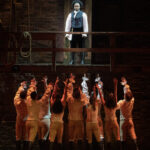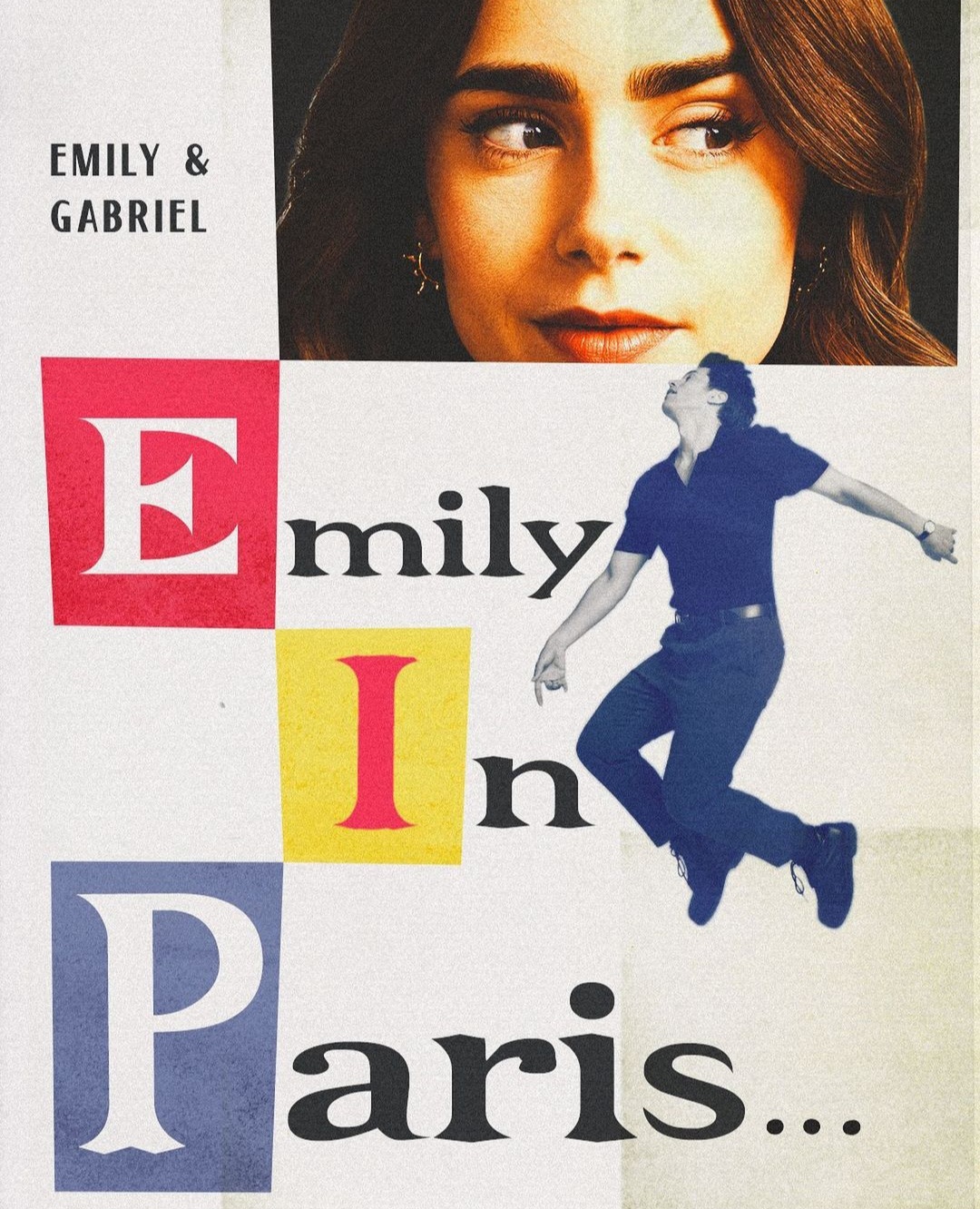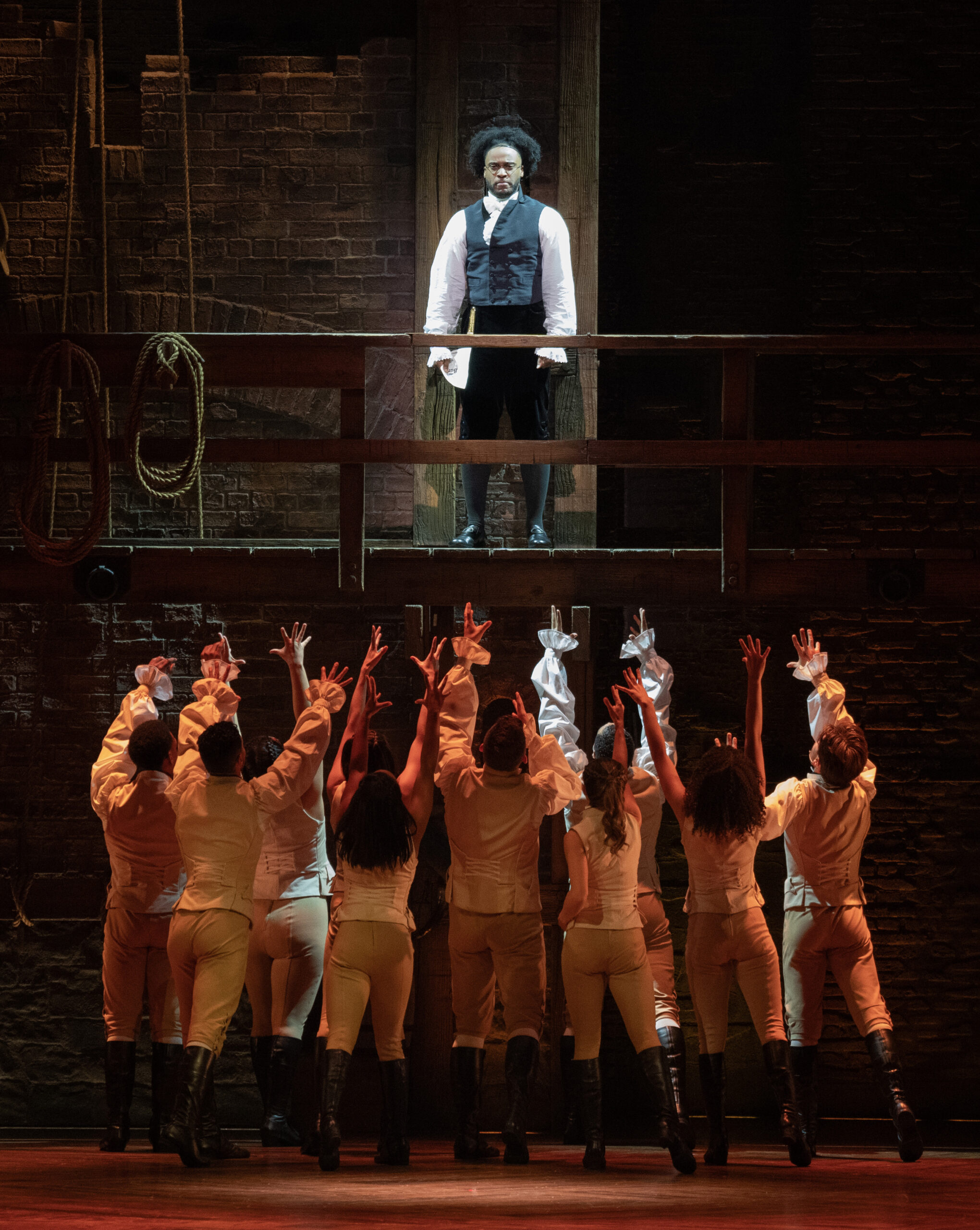The romance genre in film and TV. shows spout a rhetoric of love that is perceived as idealistic and gives the notion that without a relationship life can be unfulfilling, which can lead to needing external validation. The media promotes the idea that in love there is no risk and love is all you need. This can lead to unrealistic expectations and failed attempts at making a relationship work when there is no solid foundation.
Even more worrisome is the romanticization of red flags in romantic media. Many romantic comedies include red flags that viewers often overlook because we want the main characters to work out and live happily ever after. Some red flags in relationships include cheating, stalking, jealousy and possessiveness, secrecy, miscommunication, a wide age gap, continuous drama, and codependency. When you look at love with rose-colored glasses all the red flags are just flags. To the hopeless romantic, red flags are entertaining and draw viewers in because it creates a problem to fix.

Red Flag #1 Cheating
Many romances include cheating or being unfaithful to your partner all for the pursuit of love. For example, Sleepless in Seattle (1993), The Notebook (2004), Emily in Paris (2020), and The Wedding Planner (2001).
Cheating becomes romanticized in the media by viewers, because the female and male protagonists are perceived as “The One”, so we excuse the cheating to pursue happiness in the name of true love. Part of what contributes to the cheating in romantic media is the continual persistence of the love interest; however, persistence is part of the problem and actually it is harassment.
In The Notebook or About Time (2013), harassment is perceived as persistence instead of what it actually is. In The Notebook, Noah essentially manipulates Allie to go on a date with him by hanging off a ferris wheel and asking her in public, even in front of her boyfriend. In About Time, Tim uses his time travel ability to get his love interest Mary to agree to go on a date and essentially fall in love with him.
The media promotes the idea of true love being when someone refuses to give up or take no as an answer. This is a problem because they tend to idealize their love interest, for example How I Met Your Mother (2005) and 500 Days of Summer (2009). Idealizing someone early on in the relationship can mean you fell in love with the idea of the person rather than the actual person.
Red Flag #2 Stalking
In Twilight (2008), Edward watches Bella sleep and in the movie it is perceived to show how much Edward loves her and can’t stay away from her. Christian Grey in 50 Shades of Grey (2015), similarly follows Ana when she goes back home to Georgia to visit her mother without her knowing.
Red Flag #3 Possessiveness
Noah in The Kissing Booth 2 (2020) gets mad when Elle doesn’t immediately reply to his texts so he calls her school pretending to be her dad. In After (2019), Harden gets so jealous when a guy flirts with Tessa that he gets physically violent and destroys his own house out of anger.
Red Flag #4 Secrecy
In Sierra Burgess Is a Loser (2018) catfishing is justified in the end when the two end up together. Crazy Rich Asians’ (2018) Nick Young hides his wealth and family from Rachel. The secrecy is justified due to the way things work out in the end, but what if things didn’t result in a happy ending? For example, in You’ve Got Mail (1998), when Joe finds out that the woman he’s been talking to romantically online is Kathleen, independent bookseller and his business revival, he keeps his identity hidden from her until she finds out.
Red Flag #5 Age Gap
Aria and Ezra in Pretty Little Liars (2010) enter a student and teacher relationship that is kept secret through most of her high school career and is justified when they get married at the end of the show. In Clueless (1995), Cher and her stepbrother Josh slowly develop feelings for each other throughout the movie. The movie’s ending gives the viewers the sense that they two end up together by admitting their feelings to each other.
Red Flag #6 Extreme highs and lows or drama
In New Moon (2009), sequel to Twilight, Edward tries to kill himself when he believes Bella died. Extreme highs and lows or drama is seen as romantic in the media, because of the “devotion” and “love” the protagonist shows.
Red Flag #7 Codependency
In the Twilight franchise, Bella is extremely codependent on Edward and this is dramatically shown in New Moon when Edward leaves Bella and she secludes herself from her friends and family. In another example, in the movie After, Harden and Tessa move in together only after a few weeks. In both movies, the couples portray a type of relationship where they can’t live as healthy individuals without each other.
Modern red flags have persisted in media for entertainment, it gives the notion that love should be dramatic and passionate. As a result, stable healthy relationships are viewed as boring and not idealistic. Constantly breaking up and reuniting couples are unhealthy and ill-prepared for a long-term commitment. Media depicting romantic relationships has the potential to influence viewers to ignore or misunderstand red flags when they occur in real life. Love is not supposed to be painful or devastating.
We’ve become so used to seeing unhealthy relationships on screen that we consider that to be normal or something to aspire towards. Resulting in tolerating red flags because the media tells us there’s always a happy ending. In Sex and the City (1998), despite Big’s red flags, he and Carrie end up together. The show gives the message that whatever turmoil you have to put up with and however many times you get your heartbroken, in the end it is worth it.











